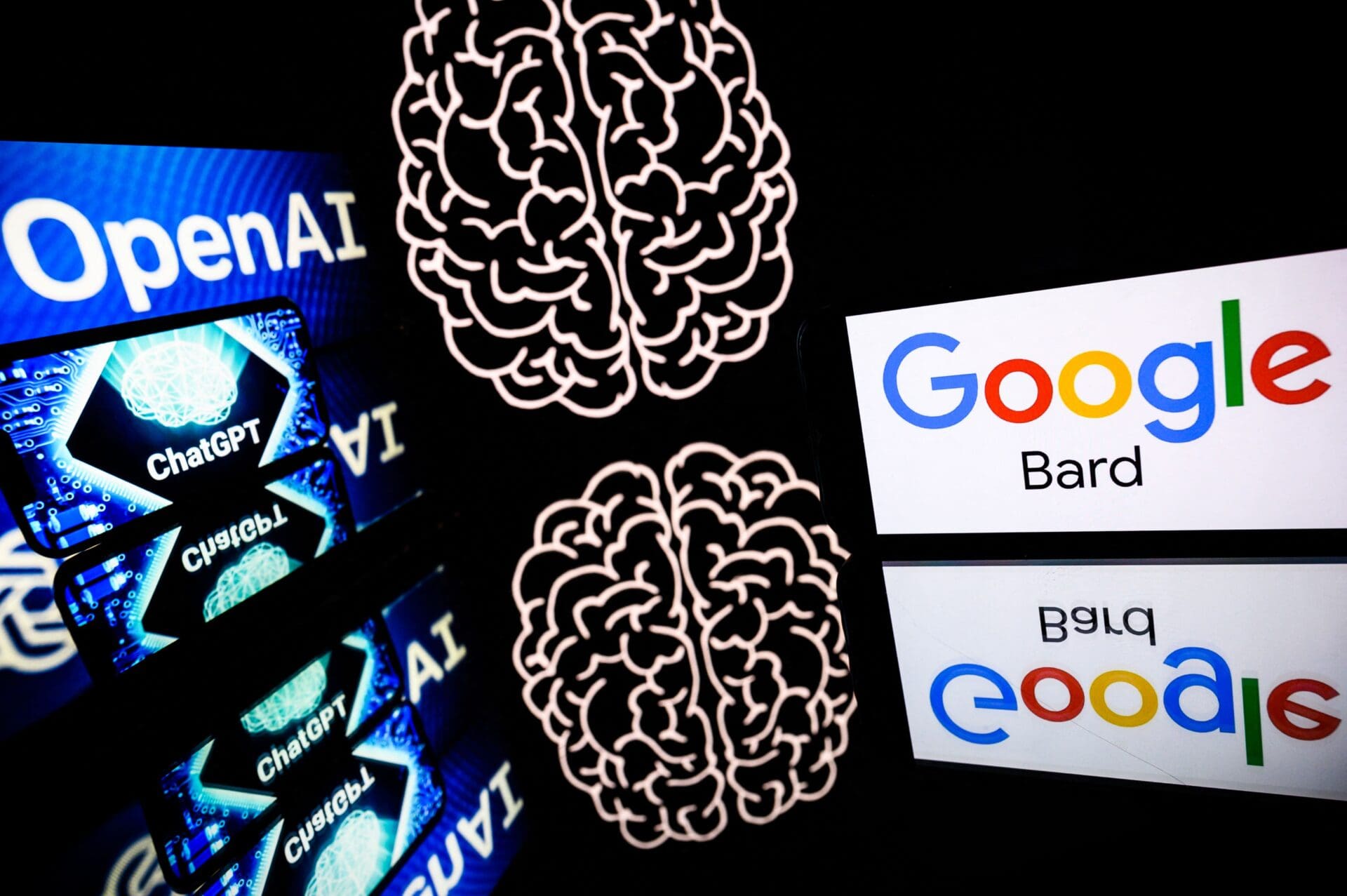The European Union has unveiled its Digital Europe Programme (DIGITAL) for 2025–2027, committing 1.3 billion euros to advancing strategic digital technologies. The initiative focuses on strengthening Europe’s technological sovereignty by investing in artificial intelligence, cybersecurity, and virtual environments.
A major aspect of the programme is enhancing access to generative AI systems, similar to ChatGPT, with a particular emphasis on healthcare and elderly care. The EU aims to encourage the creation of interactive, digitally-generated environments, also known as ‘virtual worlds’, and develop energy-efficient data-sharing systems. These efforts are part of the AI Factories initiative, which seeks to facilitate the practical application of artificial intelligence in both the public and private sectors.
The European Digital Innovation Hubs (EDIHs) will play a critical role in AI adoption by providing technology testing, expertise, consulting, and training to businesses and public institutions. Meanwhile, the Destination Earth (DestinE) project is working on a digital model of Earth, designed to aid in climate adaptation and disaster prevention. The project’s goal is to improve system performance and expand accessibility for researchers.
Cybersecurity is also a priority, with significant funding directed toward strengthening cyber resilience. The EU will support security initiatives such as the EU Cybersecurity Reserve, which aims to protect critical infrastructures like hospitals and undersea communication cables from cyber threats.
Another key component of the DIGITAL programme is digital skills development. By increasing the capacity of educational and training institutions, the EU hopes to equip future professionals with high-level digital expertise and retain talent within Europe.
The next round of DIGITAL funding calls is expected to open in April 2025, offering opportunities for researchers, businesses, and institutions to contribute to Europe’s digital transformation.
Related articles:








